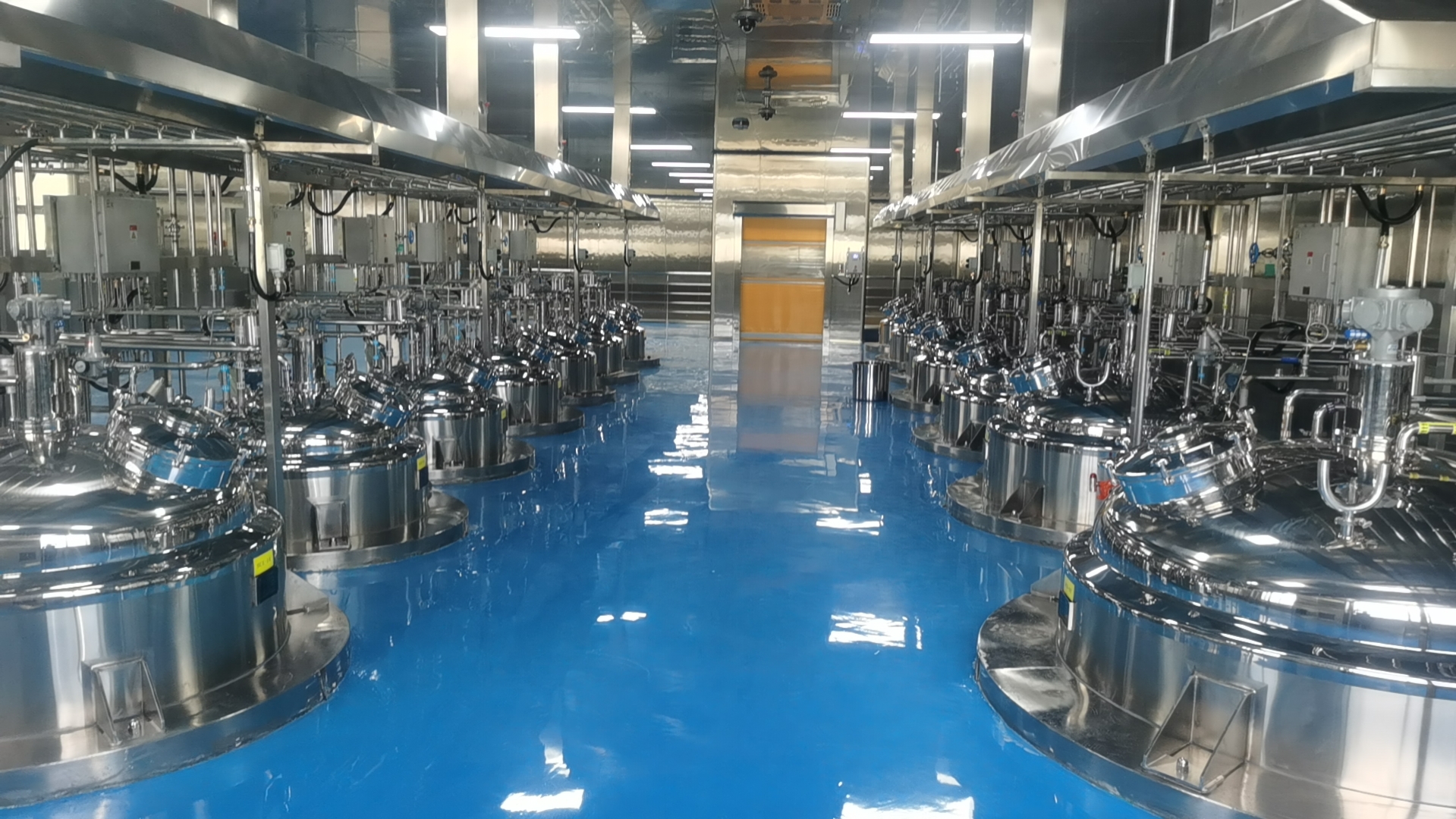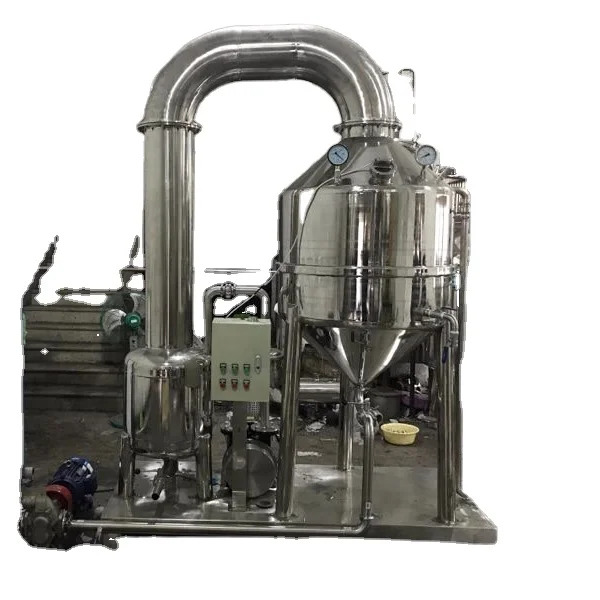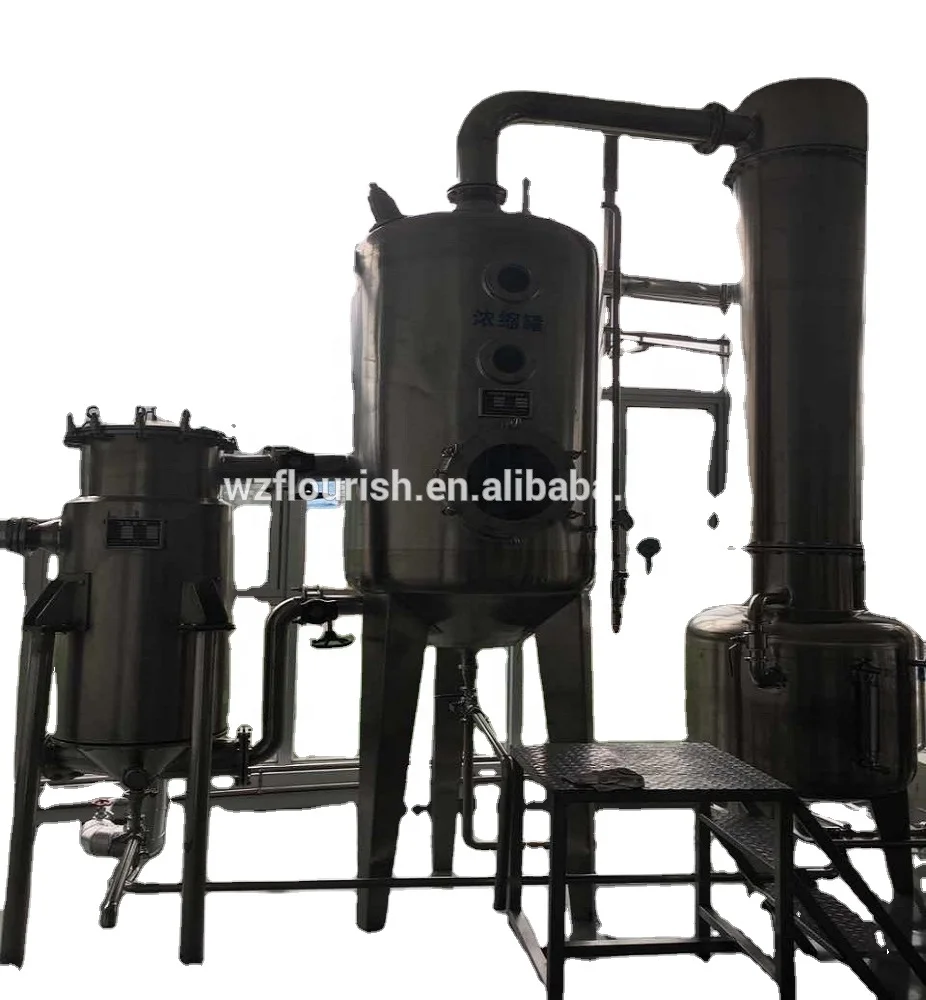
ABOUT
Wenzhou Vince Machinery Science Co., Ltd. was established in early 1980s. Our company covers an area of 6500 square meters and is an independent legal representative firm, possessing rich economic technology strength. Our company is a high tech enterprise and plays an important role in national dairy, foodstuff, pharmacy and machinery industries. We are a beverage machinery supplier.
Since the establishment, our company has mainly engaged in dairy products, foodstuff, beverage machinery, bean products, yellow wine, medicines and fermentation projects. What's more, our company supplies a complete sequence services in manufacturing, installation, test and personnel train, as well as the whole direction service design and consulting service on product project construction or enlargement artistic distribution engineering sets budget.
The Evolution of Fermentation Tanks Through the Years
From Earthenware to Wood
Early civilizations relied on readily available materials to create fermentation vessels. Earthenware pots, fired in kilns, were widely employed, particularly for brewing beer and wine. These vessels, while functional, were prone to breakage and had limited capacity. The introduction of wooden barrels marked a significant step forward. Wood, being more resilient and offering greater volume, became the dominant material for fermentation. The porous nature of wood allowed for controlled oxygen exchange, a crucial aspect for certain fermentation processes, particularly in winemaking. However, wooden barrels presented challenges, including the potential for contamination and the need for meticulous maintenance.
The Rise of Stainless Steel
The 20th century witnessed a revolution in the fermentation industry with the widespread adoption of stainless steel. This durable, inert material offered numerous advantages over wood. Stainless steel tanks are highly resistant to corrosion and contamination, ensuring the purity of the fermenting beverage. Their smooth, non-porous surface prevents the growth of unwanted microorganisms. Moreover, stainless steel's ability to withstand high pressures allows for controlled fermentation processes, including those requiring higher carbonation levels.
Innovations in Design
The evolution of fermentation tanks extends beyond materials. Innovative design features have significantly enhanced efficiency and control over the fermentation process. Temperature control is paramount in ensuring consistent quality. Modern tanks incorporate temperature sensors and cooling systems, enabling precise temperature regulation throughout the fermentation cycle. Some tanks even incorporate automated systems for adjusting temperature and other parameters, minimizing human intervention.
The Modern Era: Automation and Precision
Fermentation technology continues to evolve, incorporating advanced automation and data analysis. Modern fermentation tanks often feature integrated control systems that allow for real-time monitoring and adjustment of parameters such as temperature, pressure, and oxygen levels. These systems enable brewers and winemakers to optimize fermentation conditions, achieving consistent product quality and maximizing efficiency. Additionally, the use of sensors and data analysis tools provides valuable insights into the fermentation process, helping to identify potential issues early and make informed decisions.
The Future of Fermentation Tanks
The future of fermentation tanks holds exciting possibilities. Advancements in materials science are leading to the development of new, more sustainable alternatives to stainless steel. Bio-based materials derived from renewable resources are gaining traction, offering a more environmentally friendly approach to fermentation vessel production. Research into automated fermentation systems that incorporate artificial intelligence is paving the way for even greater precision and control. The evolution of fermentation tanks continues to reflect the constant pursuit of innovation and quality within the brewing and winemaking industries.
SUBSCRIBE
INQUIRY





